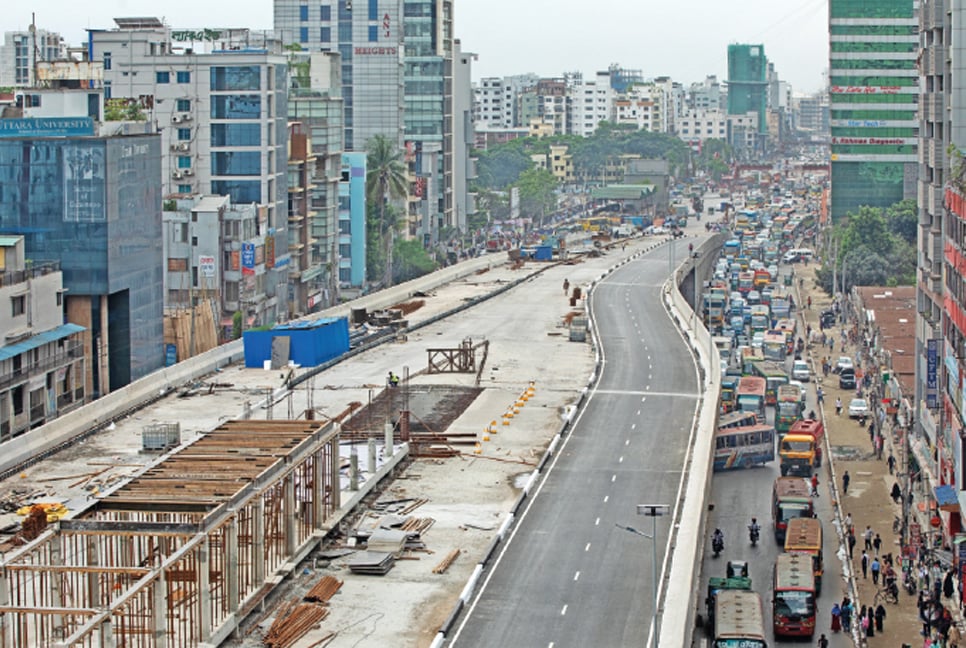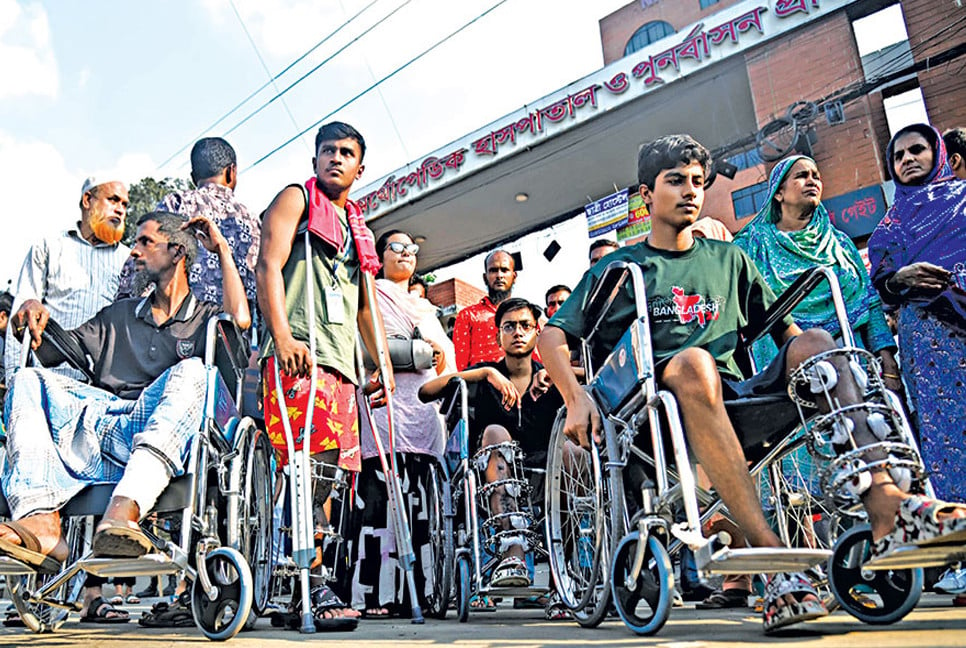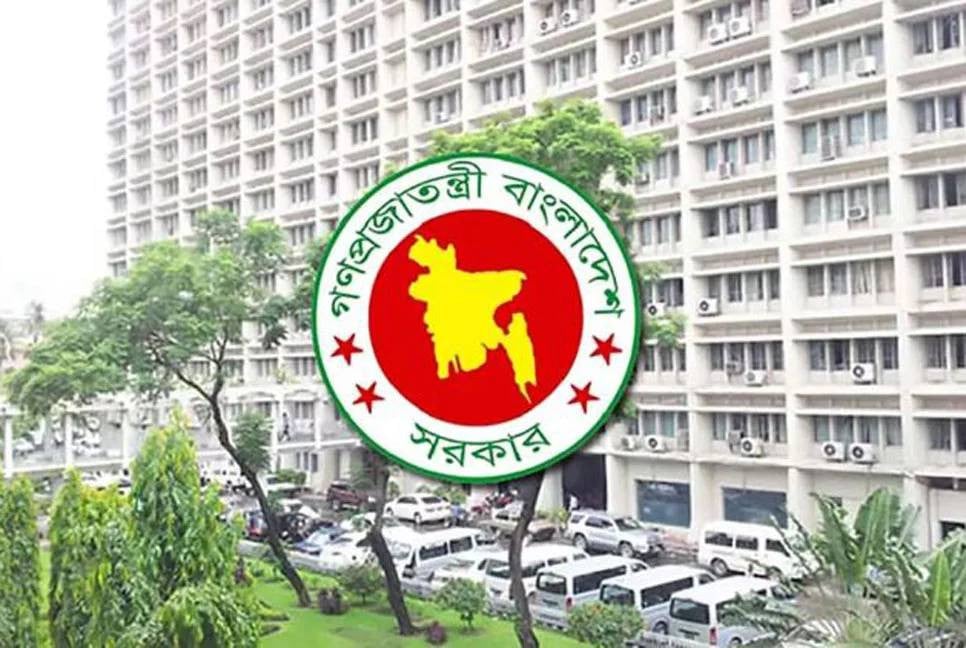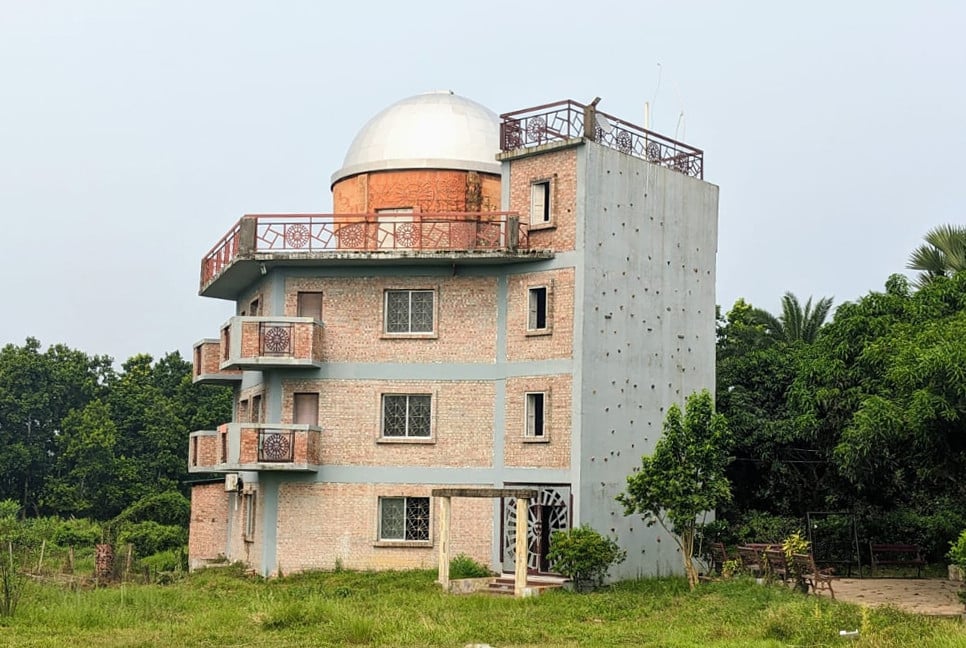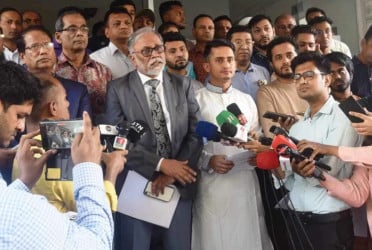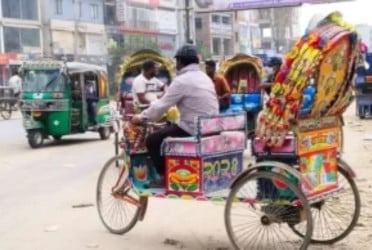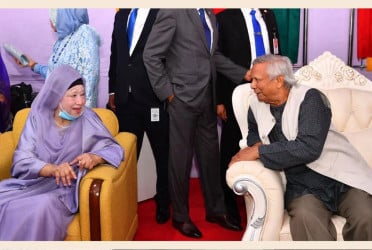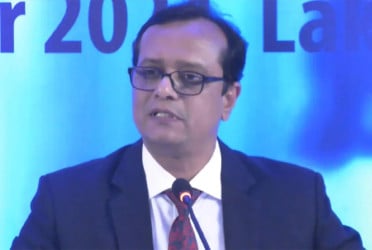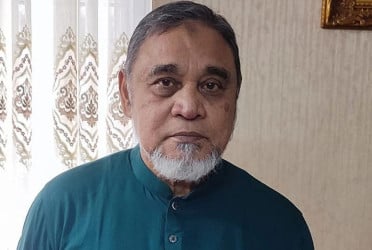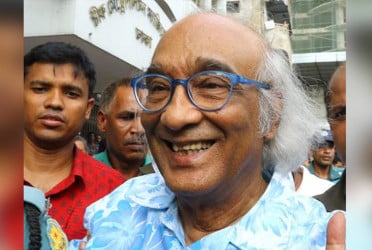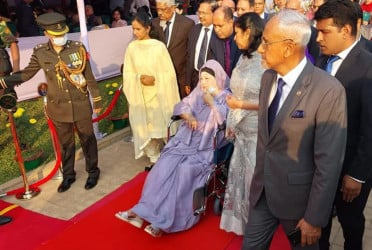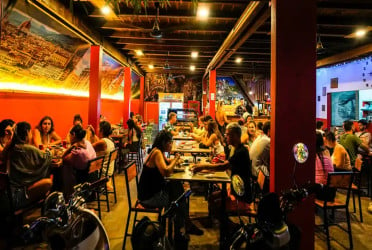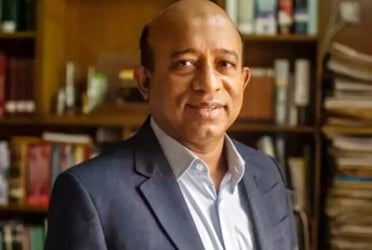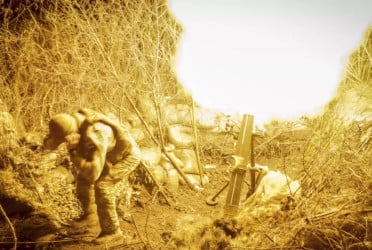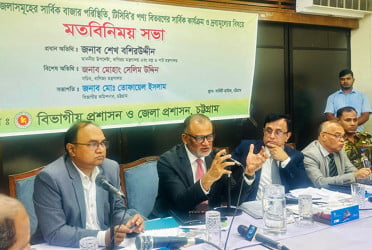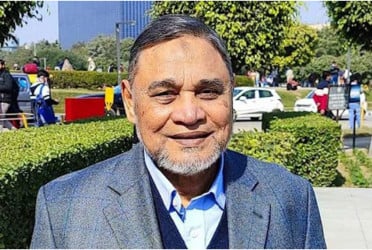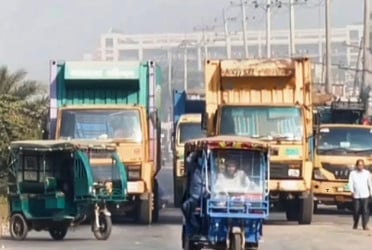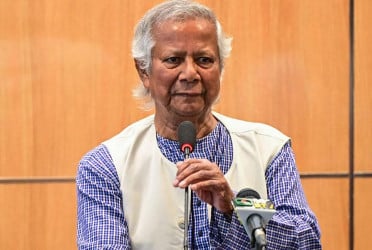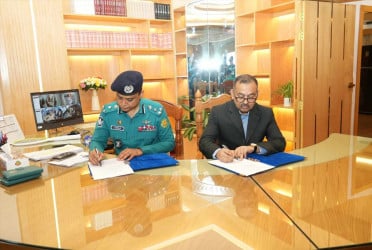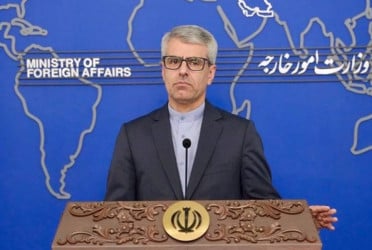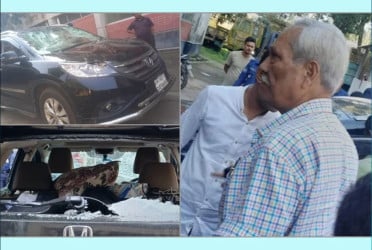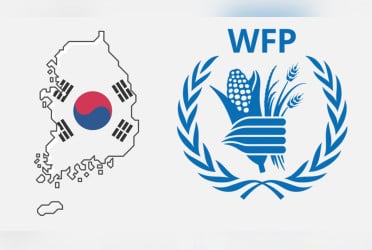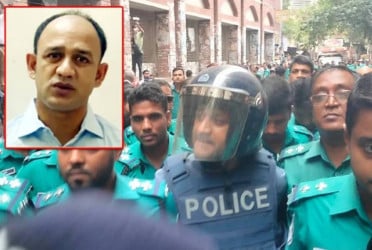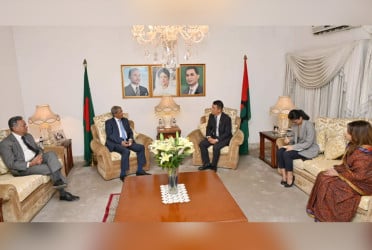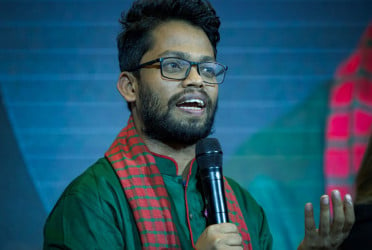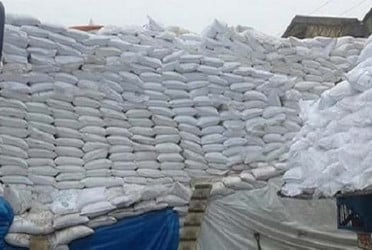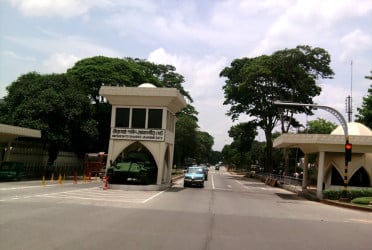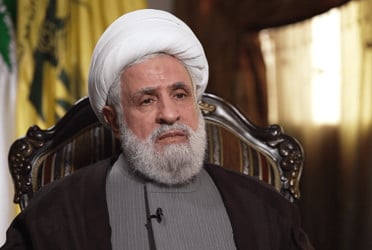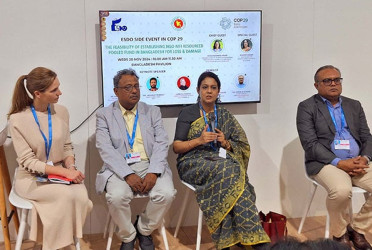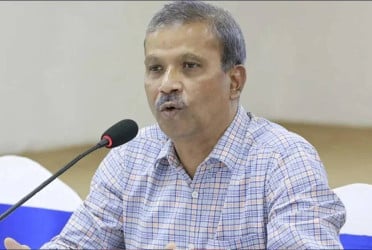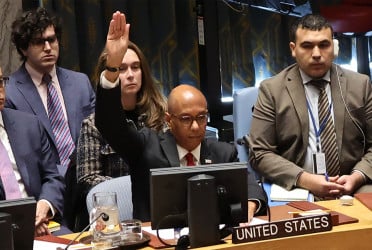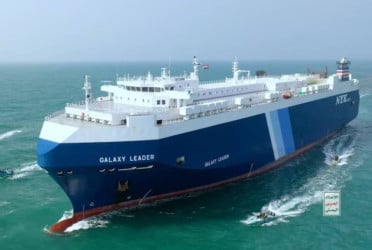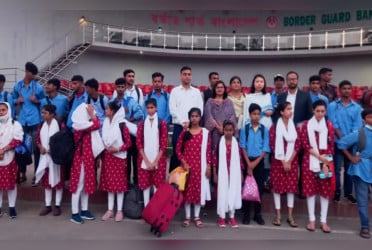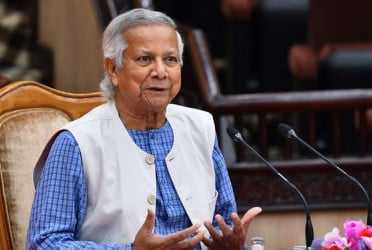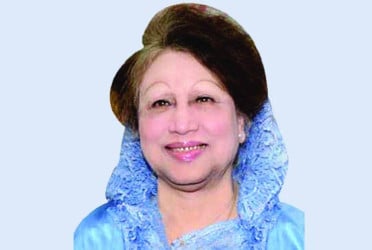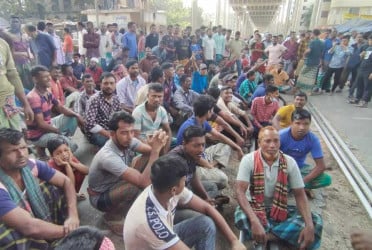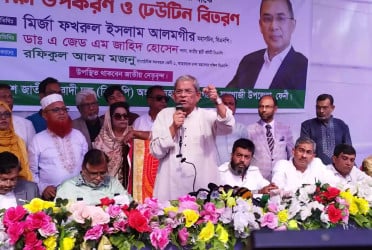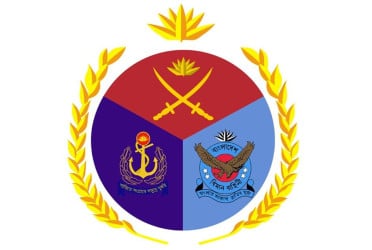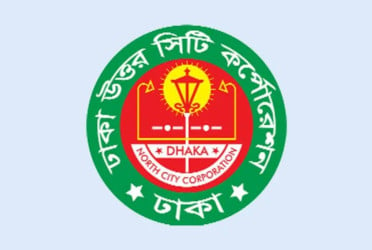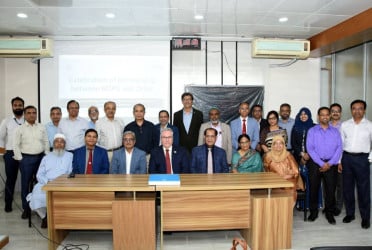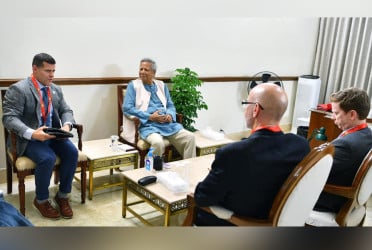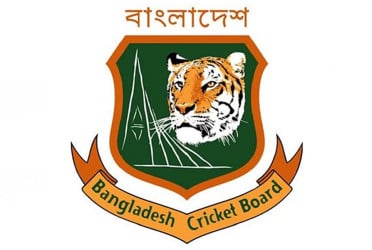The much-anticipated Bus Rapid Transit (BRT) project in Dhaka, intended to revolutionize the city's transportation system, remains mired in controversy and delay. Despite being slated for completion by December, critical components such as the procurement of buses are yet to commence, raising concerns about the project’s efficacy.
The BRT line, running down the center of the existing road, has significantly narrowed the adjacent lanes, exacerbating traffic congestion. Commuters are now faced with the cumbersome task of climbing numerous stairs to reach the bus stops in the middle of the road, a stark contrast to the convenience of boarding other city buses from the roadside.
Critics argue that the project, which started in 2017 with the promise of a dedicated bus route from Gazipur to Dhaka Airport, has only heightened the inconvenience for residents of Uttara, Tongi, and Gazipur. The road narrowing due to BRT lane construction has played a significant role in worsening traffic jams, they said.
Experts in transportation and urban planning have voiced concerns over the flawed planning of the BRT project. The narrowing of roads and the centralized placement of bus stops are seen as major contributors to the ongoing traffic woes. Moreover, the project has failed to consider the needs of garment workers in Gazipur, who constitute a large portion of the area's population and are now left without adequate pedestrian infrastructure.
Financed by the Asian Development Bank, the French Development Agency (AFD), and the Global Environment Facility (GEF), the 20.5 km BRT corridor has an estimated cost of 4,268 crore taka. However, progress has been hindered by various issues including traffic congestion, waterlogging, fatal accidents, and financial constraints.
Local residents and daily commuters express frustration over the project's mismanagement. Ibrahim Hossain, a businessman from Tongi, questions the practicality of the BRT system for his daily commute to Paltan. Similarly, Golam Rabbani, a student from Dhaka University of Engineering and Technology in Gazipur, points out that the reduction of road space has exacerbated traffic conditions, making the situation untenable.
The BRT project’s director, Mahirul Islam, remains optimistic, asserting that construction is progressing rapidly and will be completed soon. He emphasizes that the true impact of the project will be evident once it is operational. According to Islam, the project includes significant infrastructure developments such as 20.5 kilometers of dedicated bus lanes, the reconstruction of Tongi Bridge, seven flyovers, a bus terminal, 113 connecting roads, and high-capacity drainage systems.
Despite these assurances, many key elements remain unfinished. The construction of BRT stations, road widening efforts, and the completion of the 8.5 km elevated section are still pending. With 25 stations planned—four in Dhaka and 21 in Gazipur—the project’s overall progress stands at 90 percent, yet tangible benefits are still awaited.
Alamgir Hossain, Deputy Commissioner of Gazipur Traffic Police said that the traffic is gradually increasing on the road. Traffic is slowing down in the BRT station areas as the roads are slightly compressed. If people can't use the sidewalks, there will be massive traffic jams.
Thousands of workers from numerous factories in Gazipur walk through the footpath every day. Golam Mostafa, the driver of Balaka Paribahan operating from Gazipur, said that a separate lane has been made between the roads for BRT buses. The space reserved on both sides for normal traffic is very less. There are no sidewalks in many places. The width of the footpath is already very less. On top of that, the entire footpath has been closed due to the station pillars and stairs. In most of the 25 stations, this is the case with footpaths. Transport experts call this a 'big mistake' of the project.
Garment workers at risk: Many vehicles plying on the busy road. Meanwhile, thousands of workers from various garment factories have come out on the road during their lunch break. As there are no footpaths, they are walking on the side of the road between the vehicles at risk.
According to the information of Directorate of Factories and Establishments Inspection Gazipur branch, there are 492 registered garment factories in Gazipur metropolis. Apart from this, there are hundreds of small factories. Every morning while going to the factory, lunch break and after the factory holiday in the evening, thousands of workers hit the road. All workers walk. Wide sidewalks are very important for their movement. But it was not implemented on this road. Its implementation has not been seen in the BRT project either.
Only special buses are supposed to ply in Bus Rapid Transit project. In Bangladesh's first BRT project, special buses as well as ordinary buses have been provided. Experts fear that this will disrupt the purpose of the project.
According to them, Gazipur-Airport Corridor has major industries of the country. Due to faulty implementation or management of BRT, traffic congestion will increase. The industrial sector will be severely affected. Therefore, they suggested opening the BRT corridor for general bus traffic instead of wasting more money by buying specialized buses. If this is the case, vehicles will be able to move smoothly on that road. Even if money is wasted on the project, new suffering will not arise.
According to related sources, BRT project has been implemented in about 200 cities of the world. It is a very simple and affordable project. These projects implemented in different cities of the world have been implemented on flat roads. Construction of unnecessary flyover on Gazipur-Airport road has increased the cost of the project several times.
Communication and transportation specialist Buet professor Dr. Samchul Haque said, “The prerequisite of BRT is a wide footpath for the movement of passengers or pedestrians. Here the station is closed and the opposite footpath is closed. This made the problem worse. Thousands of people were put at risk. He said, I will be happy if buses are not bought for the BRT project.”
“Because this money will be lost. If the BRT project is not managed the way it is supposed to be managed, traffic congestion will increase here. BRT in Gazipur-Airport corridor is fragmented and congested, it would be better to open it for general bus service instead of buying specialized buses for this corridor,” he added.
Dhaka Traffic Coordination Authority (DTCA) former executive director and communication expert SM Saleh Uddin said, “Unnecessary flyover has been constructed in BRT project in Gazipur-Airport corridor. Despite the lack of rivers and canals, the cost has been increased by constructing flyovers.”
He said that though BRT is a simple task, the project has been deliberately complicated. Running specialized buses with other buses on this corridor will defeat the purpose. In this case, my suggestion is that instead of buying new buses, coordinating the route with Dhaka City Transport will prevent wastage of government money. Otherwise, traffic congestion in this important corridor of Dhaka will increase instead of reducing.
(The report was published on print and online versions of The Bangladesh Pratidin on June 8 and rewritten in English by Tanvir Raihan)

